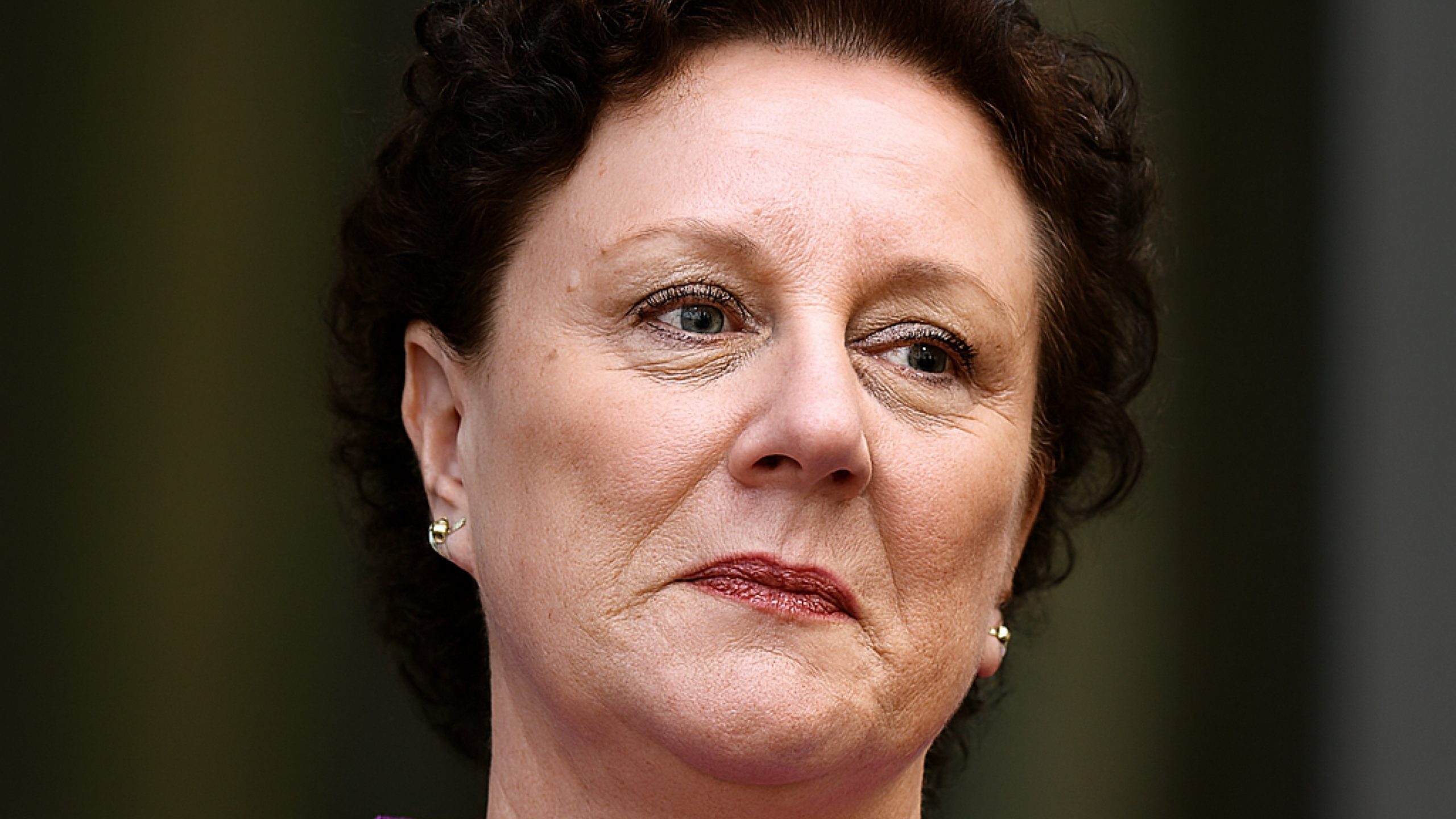The Kathleen Folbigg $2 million payout has unleashed a storm of public anger across Australia. Many say the compensation falls far short of justice after Folbigg endured 20 years of wrongful imprisonment. She was arrested and convicted in 2003 for the deaths of her four children, accused of smothering them between 1989 and 1999. Her convictions were overturned after scientific and medical evidence proved her innocence, but the payout is being widely criticised as both inadequate and dismissive.
Australians have taken to social media, news forums, and radio talkbacks to express disbelief. The sentiment is clear: $2 million cannot restore two lost decades, a shattered reputation, or the unimaginable suffering Folbigg endured behind bars.
Why the Payout Isn’t Enough
Critics argue the Kathleen Folbigg $2 million payout feels like a token gesture. Rather than acknowledging the full impact of the miscarriage of justice, many believe the government offered a fast exit from a politically sensitive situation. Without transparency on how officials determined this amount, many feel betrayed and disrespected.
Some people compare Folbigg’s payout to international standards, where victims of wrongful imprisonment receive significantly higher compensation. In the United States, for example, several exonerees have received upwards of $1 million per year of incarceration. This gap only adds fuel to the fire and raises serious questions about Australia’s moral and legal response.
A Broken System in Need of Reform
This case also highlights Australia’s lack of a formal compensation framework for wrongful convictions. Currently, the system relies on ex-gratia discretion—meaning no consistent method, no legal mandate, and no guaranteed fairness exist. Officials often make these decisions behind closed doors without any obligation to explain them.
Legal advocates and human rights organisations continue to call for urgent reforms. They argue that the system must provide clear, enforceable rules that reflect the emotional, psychological, and financial harm experienced by victims. They also insist on offering support services alongside financial restitution.
Justice Demands More Than Money
The Kathleen Folbigg $2 million payout has become a national symbol—not just about money, but about justice, dignity, and accountability. Australians are demanding more than a cheque. They want structural change, formal apologies, and a commitment to prevent similar failures in the future.
For now, one thing remains certain: this payout hasn’t silenced the calls for meaningful justice. If anything, it has only made them louder.


